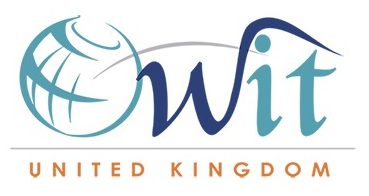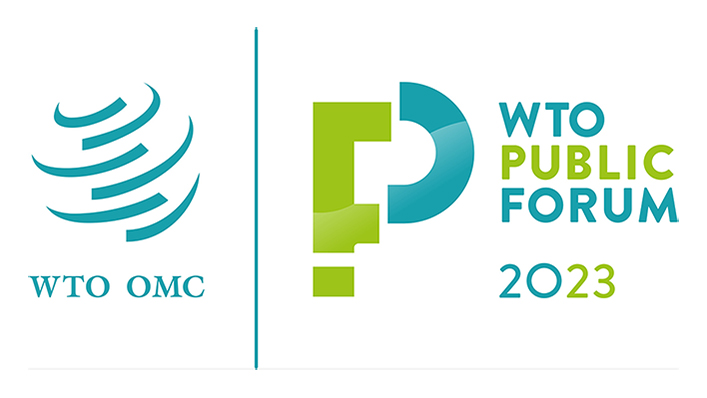WTO Public Forum 2023 – It’s Time For Action
WTO Geneva WTO Headquarters, GenevaClimate change is not gender-neutral. The impact of the climate crisis disproportionately affects women, particularly those who rely on agriculture for their livelihoods. The crisis amplifies existing gender inequalities by increasing women’s vulnerabilities and threatening their means of subsistence. Women entrepreneurs are essential contributors to trade – and thus important agents of change. Because of their substantial knowledge of the land, indigenous women are more likely to implement green practices in their production. Thus, including them in global supply chains can address climate change by increasing sustainable trade while improving women’s economic well-being.
Still, women typically face more obstacles when setting up businesses, accessing finance, and entering global markets. The WTO and the UNPFII have previously acknowledged the importance of mainstreaming gendered trade policies for women’s economic empowerment and increasing the inclusion and diversity of women in trade. By sharing the unique experience of indigenous women, policies that reduce gender-related barriers and empower green trade can be created.
This session will adopt a bottom-up approach to look at the challenges facing indigenous women involved in sustainable trade. It will propose inclusive green policies, evidenced by the lived experience of indigenous women, that can support bringing others into sustainable global supply chains.

